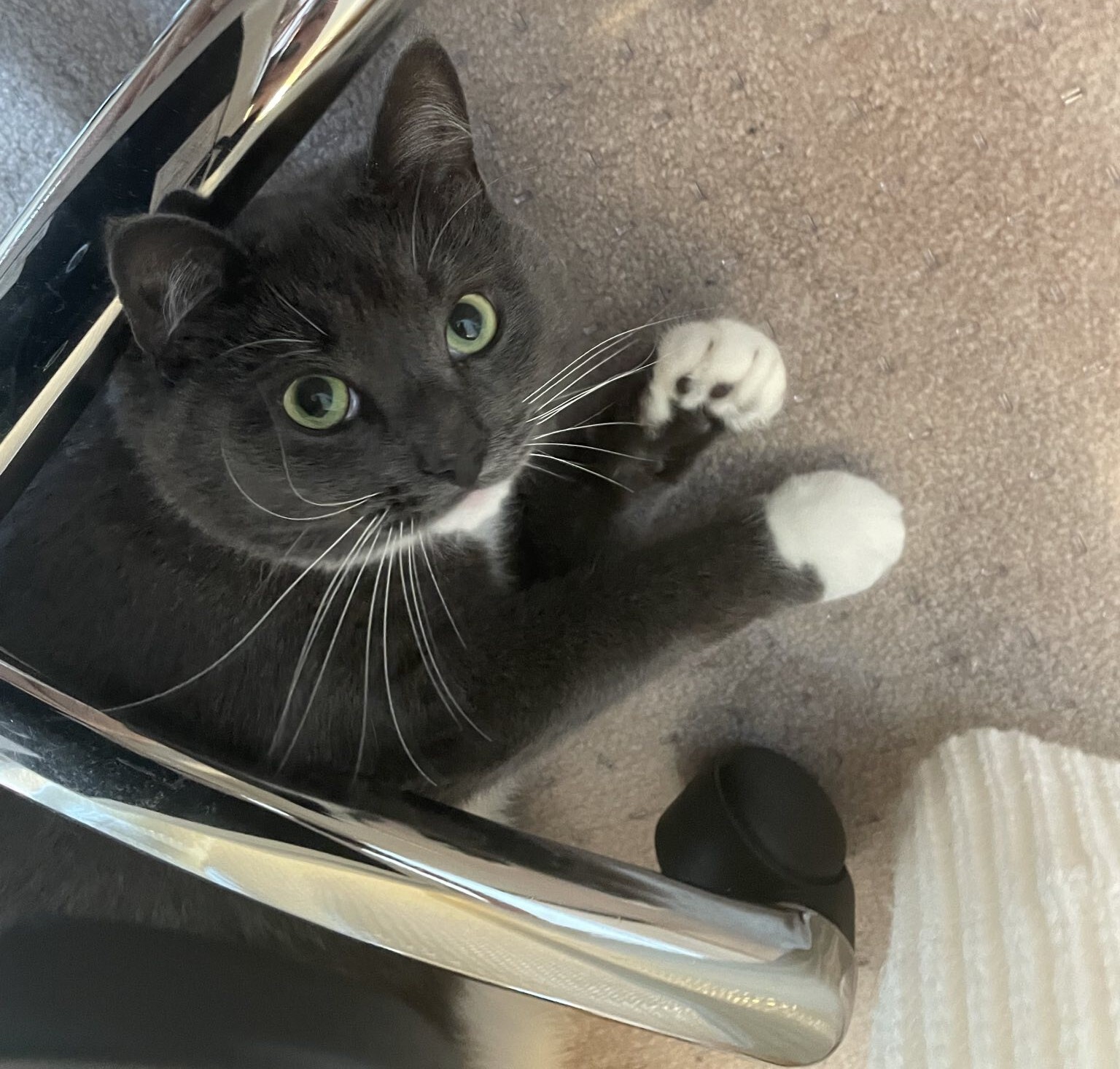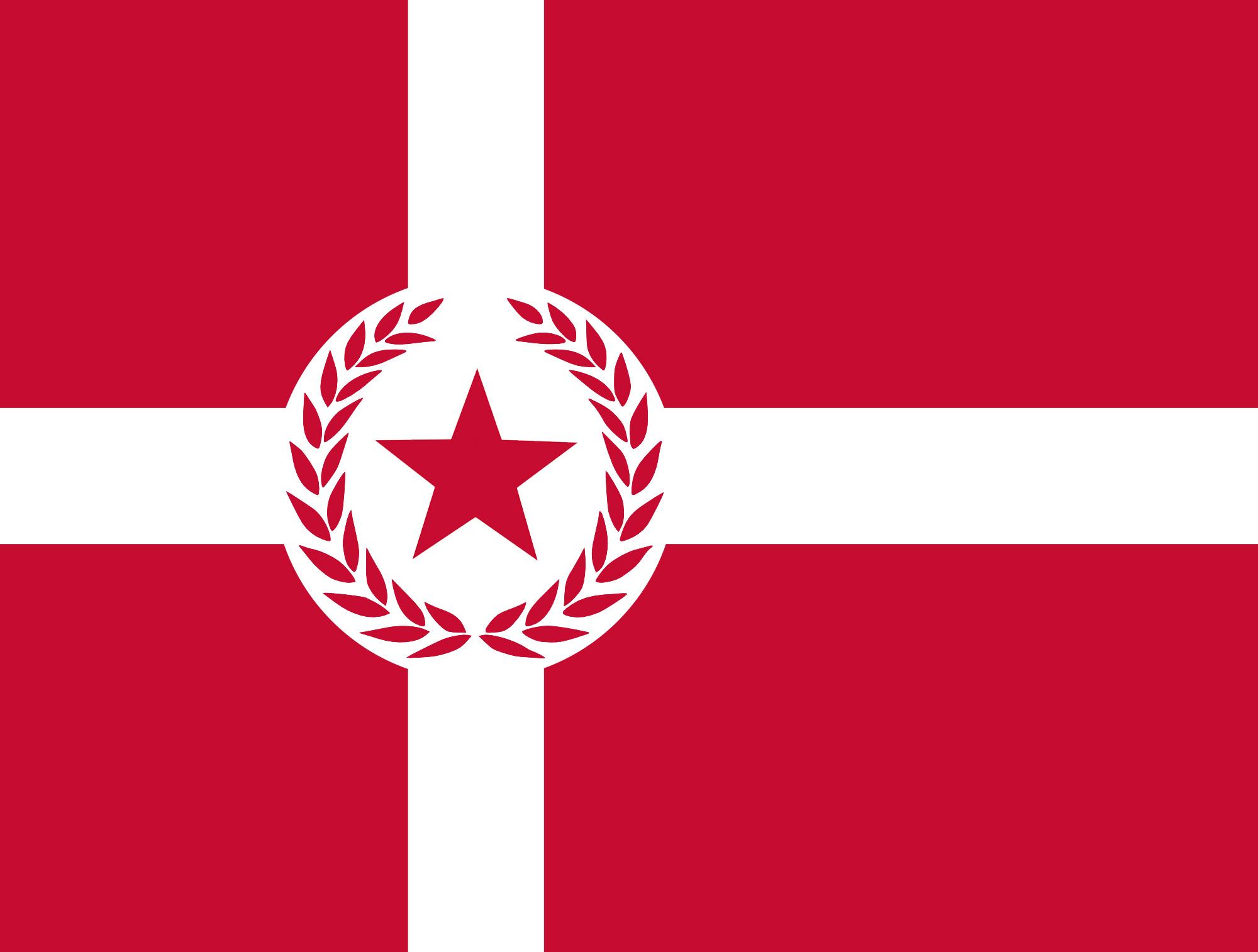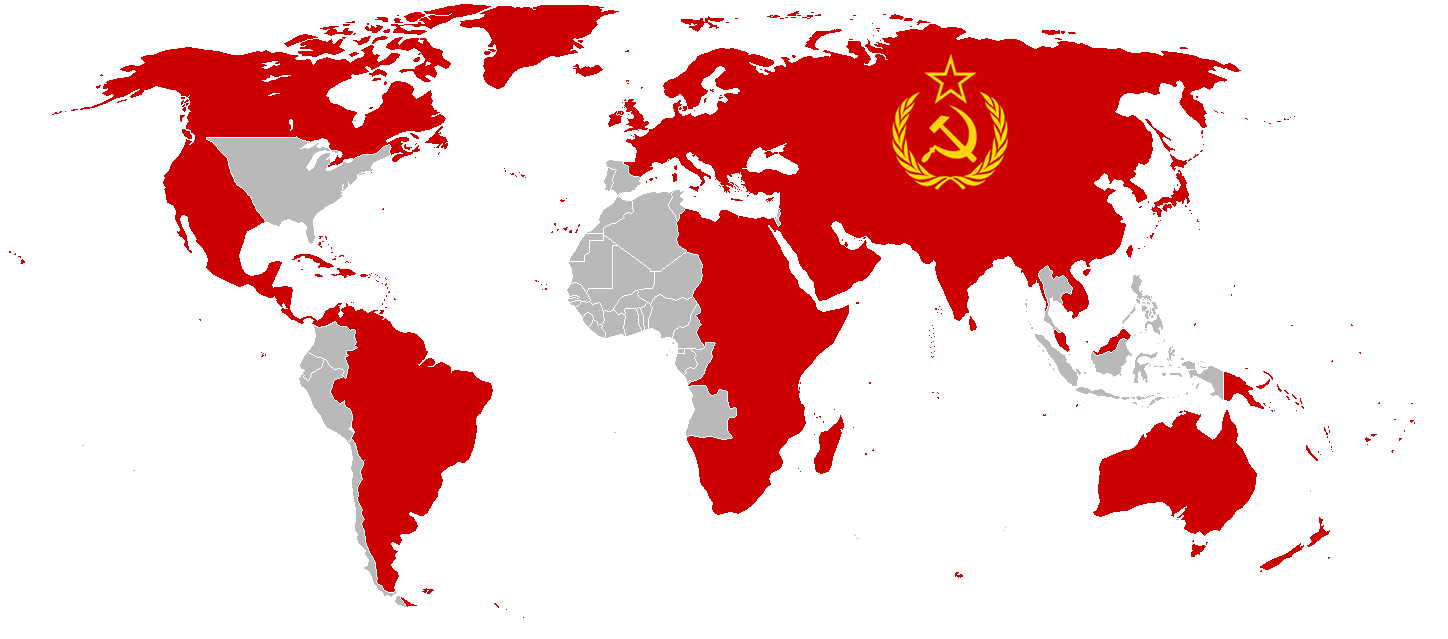- cross-posted to:
- worldnews@lemmy.ml
- cross-posted to:
- worldnews@lemmy.ml
I’m shocked that a nuclear power plant run by a private corporation would ignore safety concerns, leading to a preventable meltdown during an earthquake, and subsequent malpractices!
This was impossible to forecast.
I found a YouTube link in your comment. Here are links to the same video on alternative frontends that protect your privacy:
5.5 tons of “radioactive” water. Water isn’t radioactive. If I drop 1kg of uranium pellets into an olympic pool, I did not transform that into 3000+ ton of radioactive material.
Most of the leaked water appeared to have seeped into the soil, but monitoring of a nearby drainage channel did not show any significant radiation level changes, it added.
Water isn’t radioactive.
This is plain wrong. Hydrogen-3 (“tritium”) is an unstable isotope with a half-life of just over 12 years. Just like other hydrogen, this radioactive isotope can bond with oxygen and form water.
This is exactly what happened at Fukushima and literally the main concern about the released water. Only one half-life has passed, so 50% of the tritium present in 2011 has not decayed.
If you’re dealing with tritiated water, no sane person would just call it “water”."
And you’re missing my point. Using my example again, if you mix radioactive materials with water, you’re not gonna have a chain reaction causing every water molecule to become radioactive. The water is just a medium. Adding another 10 ton of water to the leaked 5,5 would only dilute the concentration, not add to it. “Radioactive water” says nothing without concentrations specified.
If somebody asked what’s worse, 1 ton radioactive water or 100 000 ton radioactive water? Your first response would surely be asking for the concentrations. For all you know that 100 000 ton of water could be sea water with natural concentrations of uranium.
Nobody here is arguing concentration doesn’t matter, and most of us remember previous discussions on this topic we’ve had here when the radioactive release was mentioned. If I had to drink 10 mL of hydrochloric acid, I’d obviously want to do it in the most diluted form possible so I didn’t kill myself.
You should know headlines shorten things though. Since you actually clicked on the article, you would know the amount of radioactivity in the water was actually provided as well as the more precise wording “water containing radioactive materials”
Nobody here is arguing concentration doesn’t matter
The point of concentrations is exactly why I have issues with the headline. You guys replied to my comment, so naturally that will be the point I’m arguing. You can’t just reply to someone talking about x and after they reiterate/clarify their point about x tell them that nobody talks about x.
and most of us remember previous discussions on this topic we’ve had here when the radioactive release was mentioned.
I’m seeing this via browsing all, whatever discussion have previously been on other posts on this community I’m completely unaware of.
You should know headlines shorten things though. Since you actually clicked on the article, you would know the amount of radioactivity in the water was actually provided as well as the more precise wording “water containing radioactive materials”
And that makes it even worse in my opinion. The author knew the headline was bad and still went with it. If the article contained no real details, they could at least have made the excuse of ignorance.
whatever discussion have previously been on other posts on this community I’m completely unaware of.
Understood, but just wanted you to know that we do agree that concentration matters.
If you’re dealing with tritiated water, no sane person would just call it “water”."
This is also why it wasn’t called that.
While it hasn’t been clear in the articles I’ve seen on today’s information, there’s reasonable grounds to assume this could be tritiated water given it was when the water was intentionally discharged in October.
Japanese limits in acceptable radioactivity for sea release is 60,000 Becquerels per liter, or about 1.3 billion in 5.5 tons. Even by this arguably high limit, the 22 billion is still well over this.
Consequently, it’s reasonable that people would react to this as a clear failure — the power plant is leaking water with radioactive contaminants at higher than permitted regulatory levels.
Understood, but just wanted you to know that we do agree that concentration matters.
Sounds like we are mostly on the same page honestly. Just different reactions to the headline.
While it hasn’t been clear in the articles I’ve seen on today’s information, there’s reasonable grounds to assume this could be tritiated water given it was when the water was intentionally discharged in October.
It’s quite common for leaks to contain tritiated water as it’s a byproduct of the energy production, and it isn’t a chemical that always gets removed during water treatment like strontium or cesium. In the case of fukushima, their concentration levels are low enough that it isn’t really removed during water treatment. They absolutely did not have anywhere close 5,5 ton of pure tritiated water leaked though.
Japanese limits in acceptable radioactivity for sea release is 60,000 Becquerels per liter, or about 1.3 billion in 5.5 tons. Even by this arguably high limit, the 22 billion is still well over this.
I’m not saying it isn’t newsworthy. I’m just annoyed by the poor headline.

If someone grinds up a bar of lead into fine powder and pours a bowl of mercury into a big vat of soup and then sends that vat out for delivery, do you think your precious western media is going to wait until the lab report comes in about the exact amounts of those contaminants present or are they going to say that person served up a vat of lead and mercury poisoning? Are you still going to eat some of the soup? Technically most of it by volume is not either of those two dangerous substances so you should be fine by your logic, just eat around those things.
It fully depends on the concentrations of the toxic elements. Pretty sure I’ve swallowed my share of uranium or potassium while swimming in the ocean. The volume of water says little about the severity. Power plants release tons of “radioactive” water every year, the concentrations are simply managed to safe levels.






